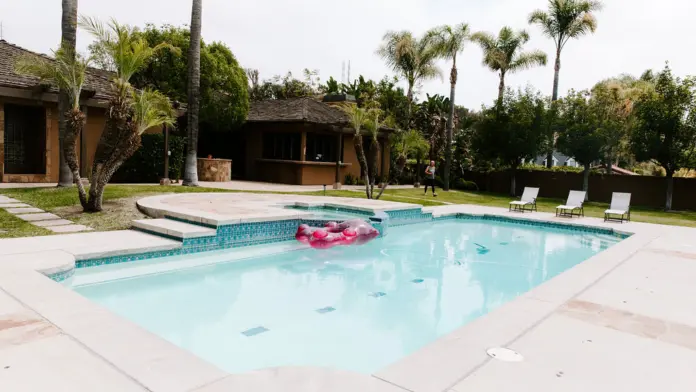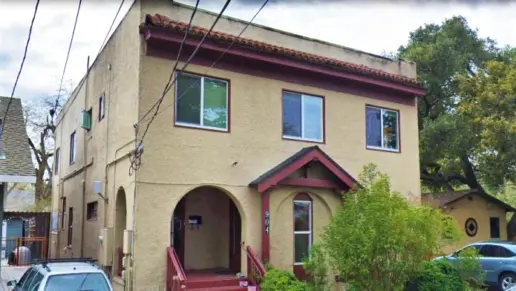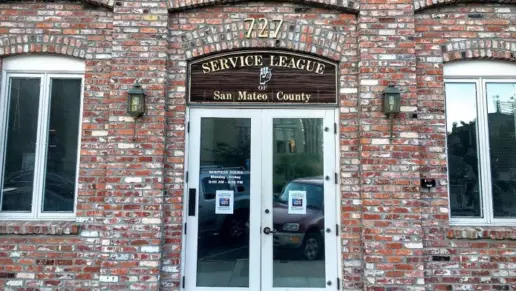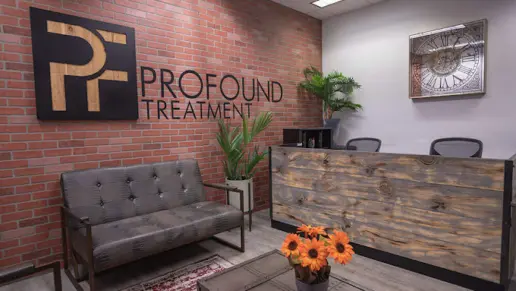About Hope By The Sea
Hope by the Sea is a drug rehab center in San Juan Capistrano, California, that provides medical detox, residential and outpatient treatment for adults. They have dual-diagnosis treatment and specialized programs for veterans, military families, executives, young adults and those looking for a Christian faith-based rehab.
The drug detox program helps the patient safely detox from drugs or alcohol under the supervision of medical professionals. Doctors may use medication to lessen withdrawal symptoms.
The residential program includes individual and group therapy, physical recreation, 12-step meetings, medication management, social activities, addiction education and relapse prevention. They may offer classes in life skills such as healthy coping, communication, building healthy relationships, nutrition and more.
The outpatient program involves 10 to 12 hours a week of treatment and services are similar to the residential program. Clients live independently or in sober living when not in treatment.
Hope by the Sea is in network for Aetna, Blue Cross Blue Shield, TRICARE, Cigna, United Healthcare and more. Contact your provider to verify coverage because out of network benefits can vary.
Latest Reviews
Rehab Score
Location
Location
Accepted Insurance




Other Forms of Payment
Military members, veterans, and eligible dependents have access to specific insurance programs that help them get the care they need. TRICARE and VA insurance can help you access low cost or no cost addiction and mental health treatment. Programs that accept military insurance often have targeted treatment focused on the unique challenges military members, veterans, and their families face.
Addiction Treatments
Levels of Care
Treatments
Many of those suffering from addiction also suffer from mental or emotional illnesses like schizophrenia, bipolar disorder, depression, or anxiety disorders. Rehab and other substance abuse facilities treating those with a dual diagnosis or co-occurring disorder administer psychiatric treatment to address the person's mental health issue in addition to drug and alcohol rehabilitation.
Clinical Services
Research clearly demonstrates that recovery is far more successful and sustainable when loved ones like family members participate in rehab and substance abuse treatment. Genetic factors may be at play when it comes to drug and alcohol addiction, as well as mental health issues. Family dynamics often play a critical role in addiction triggers, and if properly educated, family members can be a strong source of support when it comes to rehabilitation.
Group therapy is any therapeutic work that happens in a group (not one-on-one). There are a number of different group therapy modalities, including support groups, experiential therapy, psycho-education, and more. Group therapy involves treatment as well as processing interaction between group members.
In individual therapy, a patient meets one-on-one with a trained psychologist or counselor. Therapy is a pivotal part of effective substance abuse treatment, as it often covers root causes of addiction, including challenges faced by the patient in their social, family, and work/school life.
Amenities
-
Gym
Accreditations

The Joint Commission, formerly known as JCAHO, is a nonprofit organization that accredits rehab organizations and programs. Founded in 1951, the Joint Commision's mission is to improve the quality of patient care and demonstrating the quality of patient care.
Joint Commission Accreditation: Yes
Contact Information
33171 Paseo Cerveza
San Juan Capistrano
San Juan Capistrano, CA 92675












